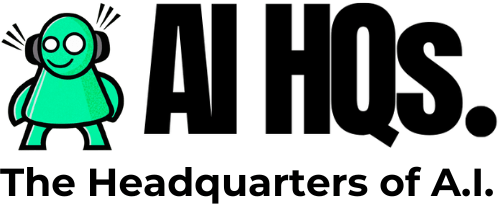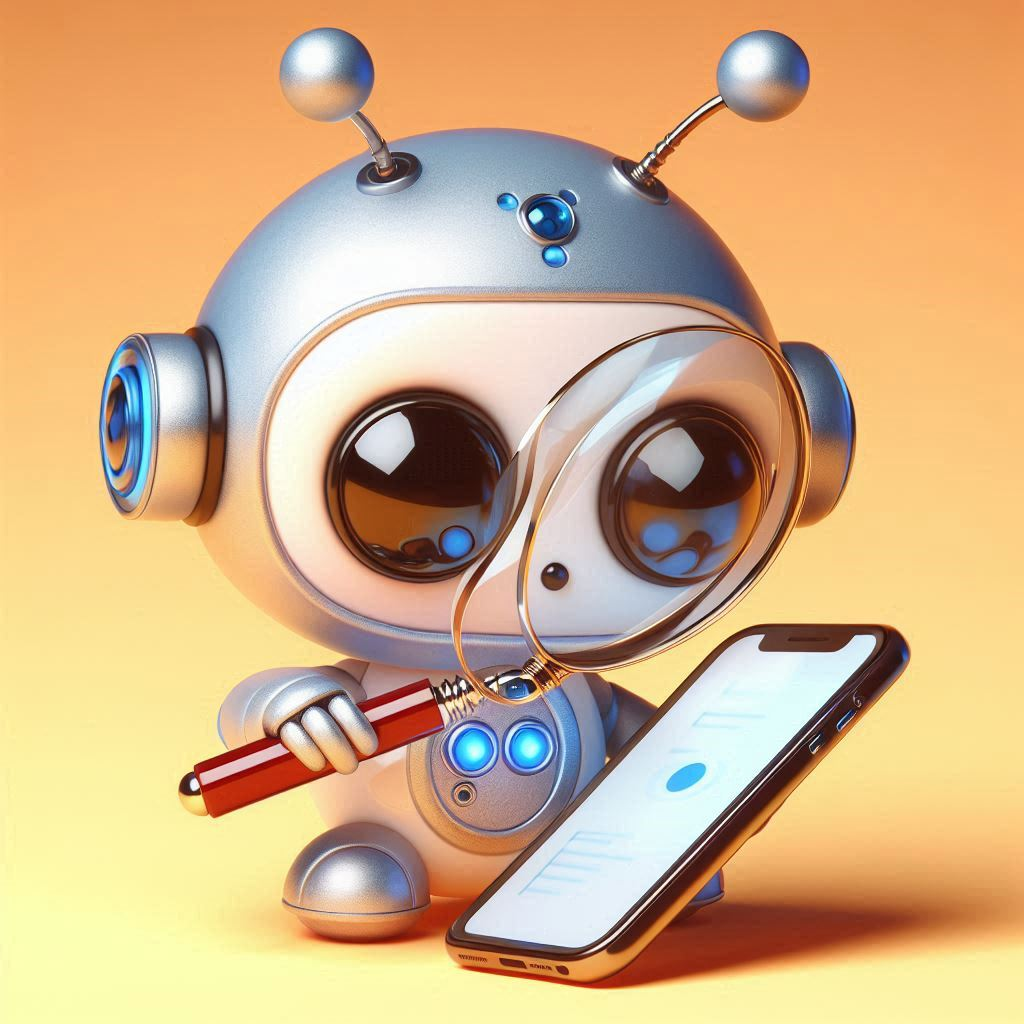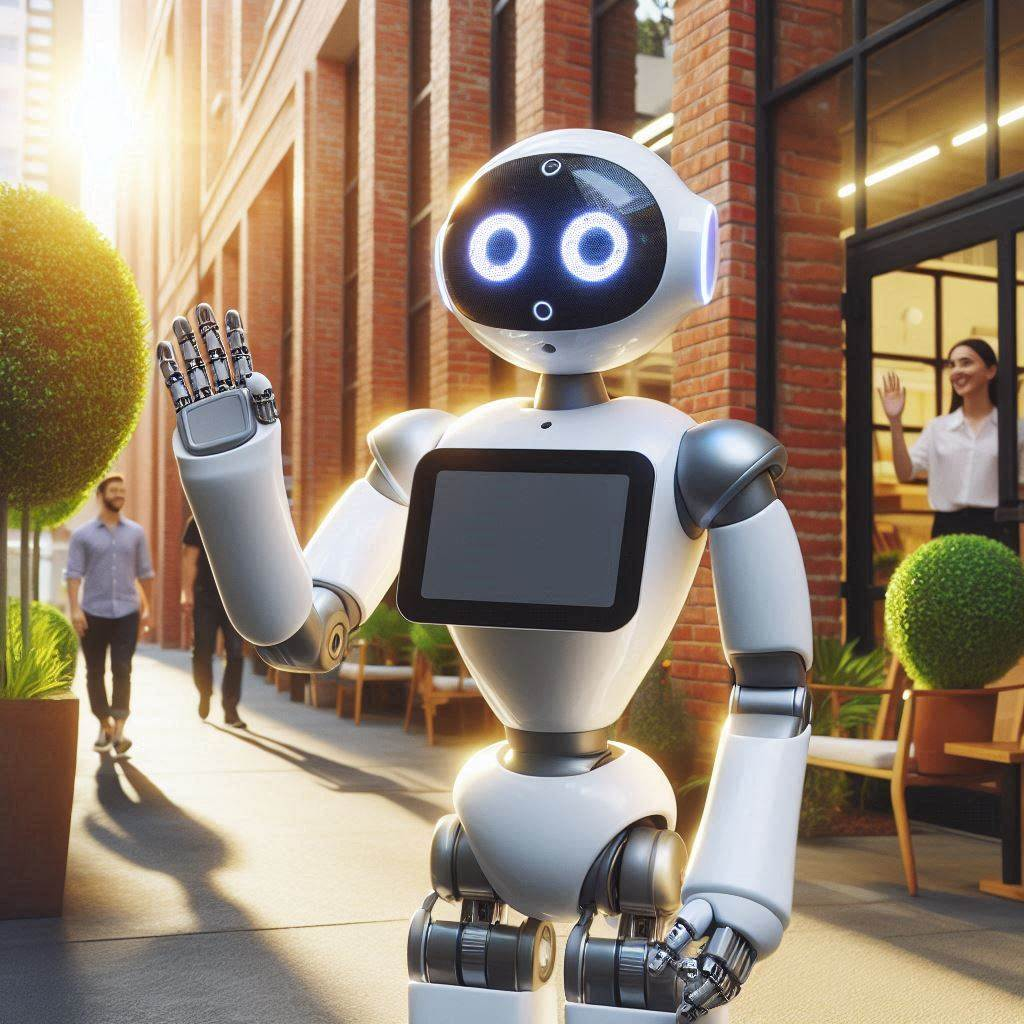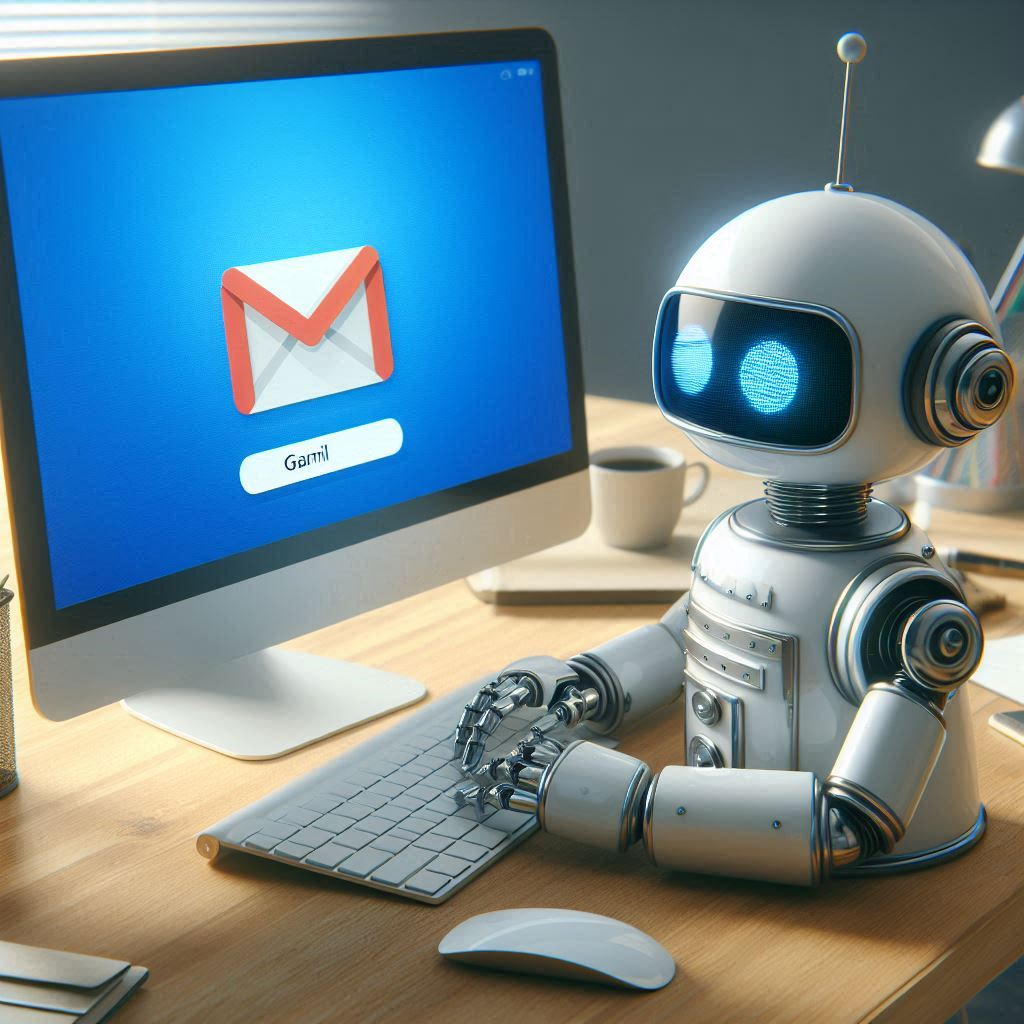New Competition to GPT Emerges with Claude 3
“In the rapidly evolving landscape of artificial intelligence, the unveiling of new models often sparks intrigue and debate. Such is the case with the recent launch of Anthropic’s Claude 3, a family of three AI language models touted to rival the likes of ChatGPT. Anthropic proudly asserts that these models set a new standard in the industry, claiming remarkable performance across a spectrum of cognitive tasks, even approaching levels of human-like comprehension.
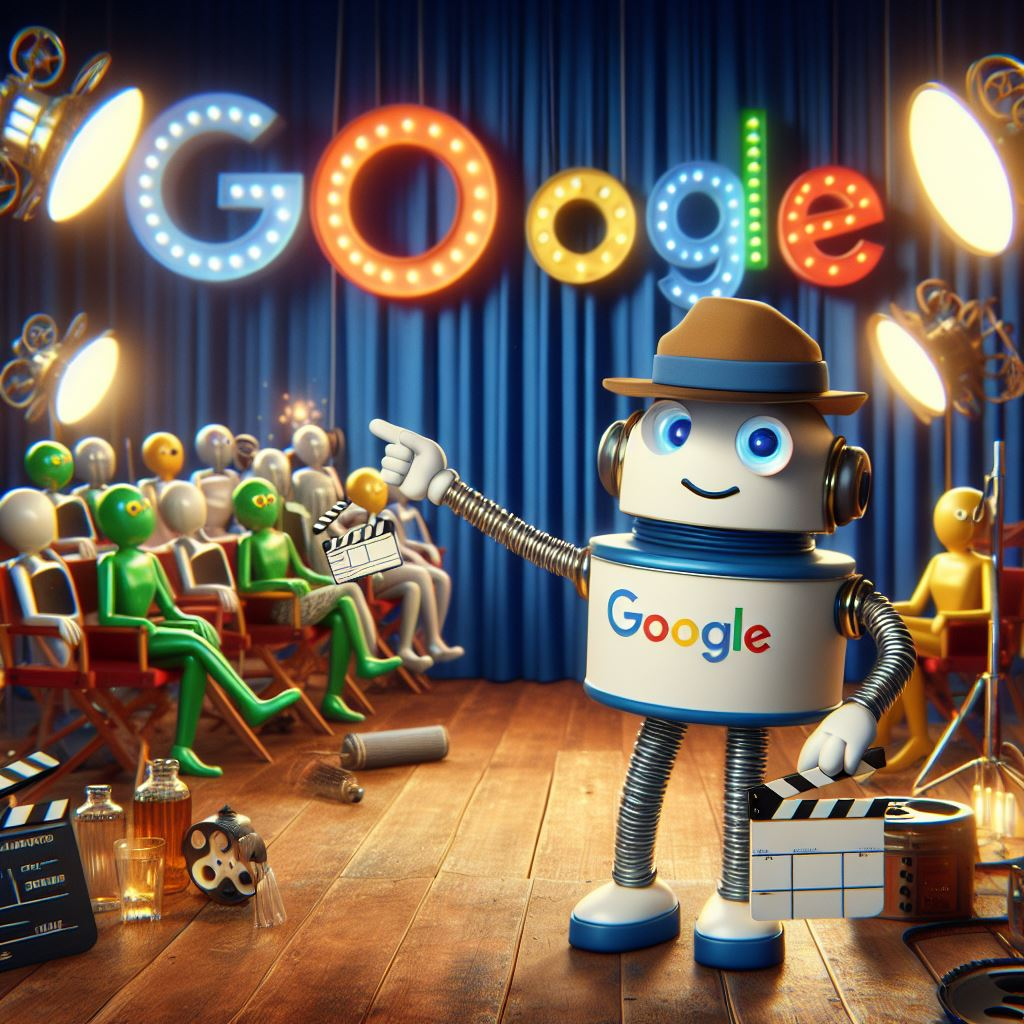
Claude 3 comprises three distinct models: Haiku, Sonnet, and Opus, each escalating in complexity and capability. While Sonnet is readily accessible for free via email sign-up, Opus, the most powerful of the trio, is reserved for subscribers through Anthropic’s website. All models boast a substantial 200,000-token context window, enabling them to process vast amounts of information at once—a feat crucial for tasks requiring deep understanding and nuanced responses.
Anthropic’s journey in AI development has been closely watched, with previous iterations of Claude falling slightly behind competitors in performance but excelling in context window length. With Claude 3, however, Anthropic appears to have made significant strides, potentially reaching parity with industry leaders like OpenAI. Nonetheless, the validity of such claims remains a subject of scrutiny within the AI research community, where benchmarks can often be selectively presented to highlight favourable outcomes.
According to Anthropic, Claude 3 demonstrates prowess across various cognitive domains, from reasoning and expert knowledge to mathematics and language fluency. Opus, in particular, is heralded for its near-human levels of comprehension on complex tasks—a bold assertion that invites closer examination. While Opus may excel in specific benchmarks, it’s essential to temper expectations; after all, AI capabilities are context-dependent and may not always translate seamlessly across diverse tasks and scenarios.
One notable aspect of Claude 3 is its pricing strategy, which offers a range of options catering to different needs and budgets. While Opus commands a premium subscription fee, Sonnet and Haiku provide more affordable alternatives, making AI-powered solutions accessible to a broader audience. This democratisation of AI reflects a broader trend in the industry, where advancements in technology are increasingly becoming democratised and accessible to all.
Beyond performance and pricing, Claude 3 introduces several enhancements over its predecessors, including improved vision capabilities and reduced propensity for unnecessary refusals—a common frustration with earlier models. Moreover, Anthropic’s emphasis on accuracy and reliability underscores its commitment to delivering trustworthy AI solutions tailored to real-world applications.
A key aspect of Claude 3’s development lies in its responsible design, with Anthropic actively addressing concerns related to bias, safety, and transparency. Through initiatives like Constitutional AI and rigorous safety evaluations, Anthropic aims to mitigate risks associated with AI deployment, ensuring that its models adhere to ethical standards and regulatory requirements.
Looking ahead, Anthropic envisions frequent updates and new features for the Claude 3 model family, including advanced agentic capabilities and interactive coding. By staying at the forefront of AI innovation, Anthropic seeks to maintain its position as a leading provider of AI solutions, continually pushing the boundaries of what’s possible with generative AI.
In this era of rapid technological advancement, the implications of AI breakthroughs extend far beyond the confines of research labs and tech companies. The emergence of Claude 3 underscores the transformative potential of AI in revolutionising industries, reshaping societal norms, and redefining the human-machine interface.
One area ripe for disruption is education, where AI-powered tools hold promise in personalised learning, adaptive tutoring, and knowledge dissemination. Imagine a future where students engage with virtual tutors powered by models like Claude 3, receiving tailored explanations, practice problems, and feedback tailored to their individual needs and learning styles. Such advancements could democratise access to quality education, bridging gaps in learning outcomes and empowering learners of all backgrounds to reach their full potential.
Similarly, in healthcare, AI models like Claude 3 have the potential to revolutionise diagnostics, treatment planning, and patient care. By analysing vast amounts of medical data and synthesising insights from disparate sources, AI-powered systems can assist healthcare professionals in making more accurate diagnoses, designing personalised treatment regimens, and predicting patient outcomes. Moreover, AI-enabled telemedicine platforms could expand access to healthcare services, particularly in underserved areas where medical resources are scarce.
The implications of AI extend beyond traditional domains, permeating into areas such as creative expression, entertainment, and leisure. Already, we’re witnessing the emergence of AI-generated art, music, and literature, blurring the lines between human and machine creativity. As models like Claude 3 continue to evolve, we may see new forms of collaborative creation, where humans and AI coalesce their strengths to produce works of art that transcend the capabilities of either alone.
Furthermore, AI holds the potential to revolutionise the way we work and interact with technology in our daily lives. From virtual assistants that anticipate our needs to AI-powered productivity tools that streamline workflows, the integration of AI into our digital ecosystem is inevitable. However, with this integration comes ethical considerations surrounding privacy, security, and algorithmic bias—a reminder that the responsible development and deployment of AI are paramount to its long-term success.
As we navigate this era of technological disruption, it’s essential to approach AI with both optimism and caution. While the possibilities are endless, so too are the risks and challenges inherent in harnessing the power of AI. By fostering a culture of ethical innovation, collaboration, and transparency, we can harness the transformative potential of AI to create a brighter, more inclusive future for all.
In conclusion, the launch of Claude 3 heralds a new chapter in the evolution of AI language models, with Anthropic positioning itself as a formidable contender in the field. While questions linger regarding the true extent of Claude 3’s capabilities, there’s no denying the strides made in performance, accessibility, and responsible design. As AI continues to permeate various aspects of our lives, the quest for smarter, more reliable AI solutions remains ongoing—a journey in which Anthropic and Claude 3 are poised to play a significant role.
The unveiling of Claude 3 marks a significant milestone in the ongoing evolution of artificial intelligence. As we marvel at the capabilities of these advanced models, it’s crucial to recognize the profound impact they will have on society at large. From education and healthcare to art and entertainment, the ripple effects of AI innovation will be felt across every aspect of human endeavour.
Yet, amidst the excitement and promise of AI, we must remain vigilant to the ethical, social, and economic implications of its widespread adoption. Questions of algorithmic bias, data privacy, and equitable access loom large, demanding thoughtful consideration and proactive measures to address them. As stewards of this technology, we have a responsibility to ensure that AI serves the greater good, enriching lives, fostering innovation, and promoting shared prosperity.
In the years to come, the journey of AI will be one of exploration, discovery, and adaptation. It will challenge us to rethink our assumptions, redefine our boundaries, and reimagine what’s possible. By embracing the opportunities and confronting the challenges head-on, we can shape a future where AI enriches the human experience, amplifying our creativity, enhancing our productivity, and advancing our collective well-being.
In this ever-changing landscape, one thing remains certain: the future of AI is ours to shape. Let us seize this opportunity with courage, compassion, and conviction, charting a course towards a future where AI serves as a force for good—a tool for empowerment, enlightenment, and enrichment for all.
for all my daily news and tips on AI, Emerging technologies at the intersection of humans, just sign up for my FREE newsletter at www.robotpigeon.be”
